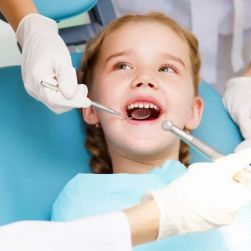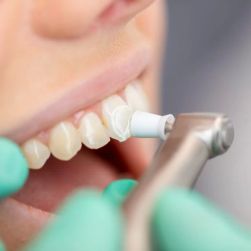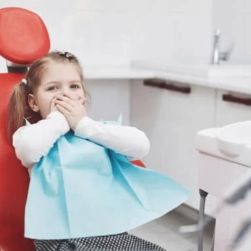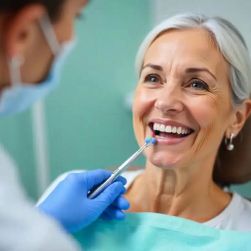As we age, maintaining oral health becomes increasingly crucial due to its direct impact on our overall well-being. Many elderly individuals in the United States face the challenge of preventing tooth loss and sustaining good oral hygiene. According to the Centers for Disease Control and Prevention (CDC), nearly 1 in 5 adults aged 65 or older have untreated tooth decay. Furthermore, approximately 68% of adults in this age group experience gum disease. Understanding how to care for teeth as we age is essential to prevent these common dental issues. This article will provide practical strategies for elderly individuals to maintain their oral health, ensuring a healthier and more comfortable life.
Understanding the Causes of Tooth Loss in Elderly
The first step in preventing tooth loss is understanding its underlying causes. For many seniors, tooth loss is primarily due to periodontal disease—a condition that affects the gums and bones supporting the teeth. Factors such as poor oral hygiene, tobacco use, chronic illnesses like diabetes, and certain medications that reduce saliva production can exacerbate this condition. Saliva is critical for neutralizing harmful acids in the mouth and washing away food particles. Therefore, reduced saliva flow increases the risk of tooth decay and gum disease. By recognizing these risk factors, elderly individuals can take preventive measures early on to mitigate the possibility of tooth loss.
Implementing a Rigorous Oral Hygiene Routine
Maintaining a strict oral hygiene routine is vital for preventing dental issues in older adults. The core components of a robust oral hygiene regimen involve daily brushing and flossing, coupled with regular dental check-ups. Elderly individuals should use a soft-bristled toothbrush to protect sensitive gums and brush at least twice a day with fluoride toothpaste. Flossing daily is crucial to remove plaque and food particles lodged between teeth. Additionally, regular visits to the dentist for professional cleanings and exams allow for early detection and management of dental problems. Regular professional care can help control the progression of periodontal disease and other dental issues, serving as a line of defense against tooth loss.
The Role of Diet in Oral Health for Seniors
Diet plays a significant role in maintaining oral health. A balanced diet rich in nutrients can support healthy teeth and gums. Calcium and vitamin D are fundamental in maintaining strong teeth and bones, while vitamin C is vital for gum health. Elderly individuals are encouraged to consume dairy products like milk and cheese, leafy green vegetables, and citrus fruits. Limiting sugar intake is equally important, as sugars convert into acids by bacteria in the mouth, leading to enamel erosion and cavities. Hydration is another critical factor; adequate water intake helps stimulate saliva production, which naturally cleanses the mouth. By making mindful dietary choices, seniors can enhance their oral health and overall well-being.
Addressing Medication-Induced Dry Mouth
Many seniors take multiple medications daily, some of which may induce dry mouth—a condition known as xerostomia. This can significantly affect oral health, as decreased saliva leads to a higher risk of cavities and gum disease. Seniors experiencing dry mouth should consult their healthcare providers about potential alternatives or solutions. Chewing sugar-free gum, staying hydrated, and using saliva substitutes can help alleviate symptoms and promote oral health. By managing dry mouth effectively, seniors can reduce the risk of dental issues related to this common medication side effect.
The Importance of Regular Dental Visits
Routine dental check-ups are a crucial aspect of maintaining oral health for seniors. These visits provide an opportunity for early diagnosis and treatment of dental issues, preventing them from developing into more serious problems. During a dental visit, professionals can perform cleanings, examine for signs of gum disease and tooth decay, and offer personalized advice on maintaining good oral health. Moreover, these visits are essential for reviewing and adjusting any dental appliances, such as dentures, to ensure they fit properly and function correctly. Regular dental care not only helps preserve teeth but also contributes to overall health and quality of life for the elderly.
In conclusion, preventing tooth loss and maintaining good oral hygiene is feasible with the right strategies in place. Understanding the causes of tooth loss, adhering to a rigorous oral hygiene routine, and considering diet and medication impacts are imperative steps. Regular dental visits play a fundamental role in identifying and managing oral health issues early. Elderly individuals can maintain their oral well-being and enjoy a better quality of life by implementing these practices. For more detailed advice and support, seniors can explore additional resources on the Dentistry Toothtruth website, ensuring they are well-equipped to nurture their oral health as they age.






